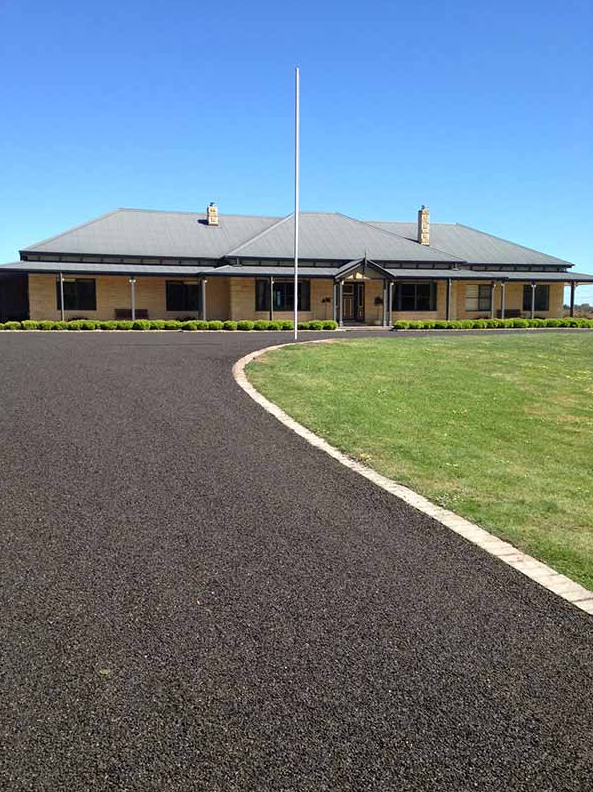Spray & seal bitumen is a popular surface treatment method used across Australia for both rural and urban road networks. Known for its affordability and speed of application, it’s often selected for secondary roads, driveways, and car parks. But when it comes to routes that accommodate heavy vehicles, the question arises—can spray & seal bitumen handle the pressure?
At Camberwell Road Tech, we’ve worked on many projects across Camberwell, VIC, where durability and performance are critical. Let’s explore how spray & seal bitumen performs under heavy loads and whether it’s a suitable option for heavy vehicle roads.
What Is Spray & Seal Bitumen?
Spray & seal is a road surfacing technique that involves spraying a hot bitumen binder onto a prepared base, followed by the application of aggregate (stone). This aggregate is then rolled to lock it into place. The method can include single or multiple layers depending on the performance requirements.
It’s a cost-effective solution and widely used across regional areas, driveways, and roads that experience moderate traffic. But how does it perform under heavy vehicle stress?
Key Considerations for Heavy Vehicle Roads
Heavy vehicles, such as trucks, agricultural machinery, buses, and transport fleets, exert significantly more pressure on road surfaces compared to standard passenger vehicles. The suitability of spray & seal for such roads depends on several factors:
Subgrade Strength
- The base preparation must be robust and well-compacted.
- Weak subgrades will lead to early failure regardless of surface type.
Traffic Volume and Type
- Roads with consistent heavy vehicle traffic require stronger aggregate and thicker applications.
- Design must consider both axle loads and frequency of use.
Climate Conditions
- Extreme temperatures and high rainfall areas may influence binder selection and sealing technique.
- Correct bitumen grade ensures flexibility and resistance to cracking or bleeding.
Enhancing Spray & Seal for Heavy Loads
While spray & seal is generally not the first choice for extremely high-traffic arterials, it can be adapted to suit heavy vehicle roads with the right engineering approach.
Options that enhance performance:
- Double or triple seal layers for added strength and waterproofing
- High-quality, durable aggregate to resist rutting and displacement
- Modified binders (such as polymer-modified bitumen) to increase elasticity and load tolerance
- Ongoing maintenance plans to quickly address wear and tear before it worsens
When designed and executed correctly, these adjustments allow spray & seal surfaces to perform reliably under heavy-duty use.
Practical Applications in Camberwell
Camberwell and surrounding regions experience a mix of light residential traffic and heavier transport use, especially in commercial zones and service corridors. At Camberwell Road Tech, we tailor each spray & seal application to the specific location—factoring in load types, traffic frequency, and ground conditions.
We’ve found that with proper planning and quality materials, spray & seal can offer strong performance, even for roads exposed to heavy trucks and equipment. The key lies in design, execution, and timely maintenance.
Conclusion
Spray & seal bitumen can be used for heavy vehicle roads—when properly designed to suit the task. While not a one-size-fits-all solution, it remains a viable and efficient method for strengthening roadways in areas like Camberwell, VIC, where both performance and cost are important considerations.
If you’re managing a property, business, or infrastructure project in need of durable surfacing solutions, Camberwell Road Tech is here to help. Our team can assess your specific needs and deliver a spray & seal surface designed to handle the demands of heavy vehicles while maintaining long-term value.
Call us on: 03 9068 7895
Click here to find out more about Camberwell Road Tech
Click here to complete our contact form and see how we can help with your driveway needs.

